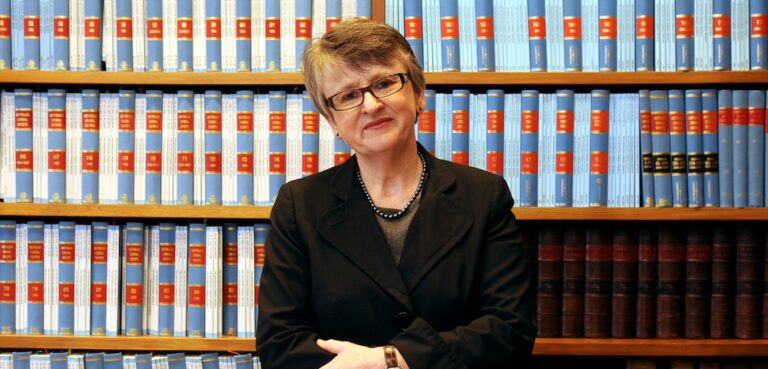
Interim report of NSW parliamentary inquiry into LGBTI hate crimes released
The New South Wales parliamentary inquiry into gay and transgender hate crimes has tabled an interim report recommending further investigation.
The principal recommendation of the report is that the inquiry be re-established following next month’s state election to allow further exploration of the subject, including better examining the distinct experiences of LGBTI people in regional and rural Australia.
The inquiry was announced in September 2018 in response to calls from the community to examine the history of gay and transgender hate crimes between 1970 and 2010.
Chair of the inquiry Shayne Mallard MLC said at the time that it was established to assess “the violent crimes committed against the LGBTIQ community but will also review current policies around hate crimes to determine if any short comings have been addressed.”
In tabling the interim report, Mallard welcomed its findings and praised the opportunity the inquiry had provided for families, friends and community members of victims to share their experience with the Parliament.
“This inquiry marks the first parliamentary examination of a distressing time in our history for the lesbian, gay, bisexual, transgender, intersex and queer community,” said Mallard.
“The gay hate crimes, bashings and murders are a dark stain on our city’s past that need to be fully exposed for the sake of the victims, their families, friends and the community in general.
“The committee sought to understand the LGBTIQ experience of hate crime and, in doing so, heard many stories from victims, their families, advocates and others seeking justice.
“As we began to receive evidence, however, the committee became acutely aware that the time allocated for the inquiry was not nearly enough to examine all aspects of the terms of reference.
“To this end, the committee unanimously agreed to recommend that the Legislative Council re-establish the inquiry in the next parliament to give further opportunity for people to tell their stories.”
The inquiry’s report states that the “prevailing acceptance of and indifference towards violence and hostility directed at gay men principally during the period prior to the mid-1990s impacted on the protection of and delivery of justice to victims of hate crime.”
One key recommendation in the report is that “the NSW Police Force ensure that all officers have the skills and knowledge to engage with lesbian, gay, bisexual, transgender, intersex and queer (LGBTIQ) people respectfully and equally.”
It also recommends that, should the inquiry continue in the next parliament, that witnesses be invited to “address the issue of the appropriate mechanism for independent review of past gay and transgender hate crimes.”
The report said that the committee “received anecdotal evidence from stakeholders who gave evidence to this inquiry that many people who live in regional and rural areas experience hate crime and would like to share their story.”
But due to the “limited timeframe accorded to this inquiry, the committee was unable to travel beyond Sydney to hear those stories,” with the inquiry indicating that this would be a focus of the inquiry should it continue.
The inquiry heard that members of the LGBTI community still often fear reporting incidents “founded upon the historical mistrust of the police.”
“The committee heard some evidence that there is strong transphobia in New South Wales and crimes against transgender people are underreported due to fear of retaliation and distrust of authorities such as the police and the courts,” the report states.
Historian and author Shirleene Robinson recommended a large scale survey of NSW’s LGBTI community be conducted to “consider just how substantial the issue of underreporting of abuse to police has been and continues to be.”
Robinson told the inquiry that the survey should “consider both abuse experienced personally and also take into consideration the accounts of those who witnessed abuse but did not report to police for a variety of reasons, including a distrust or fear of police”.
NSW Police told the inquiry that despite internal efforts, “homophobic or transphobic sentiments have not been eliminated entirely from the force, or from society more generally”.
“We reflect the community,” Assistant Commissioner Tony Crandell told the inquiry.
The inquiry’s interim report is now available to read in full on the NSW Parliament website.

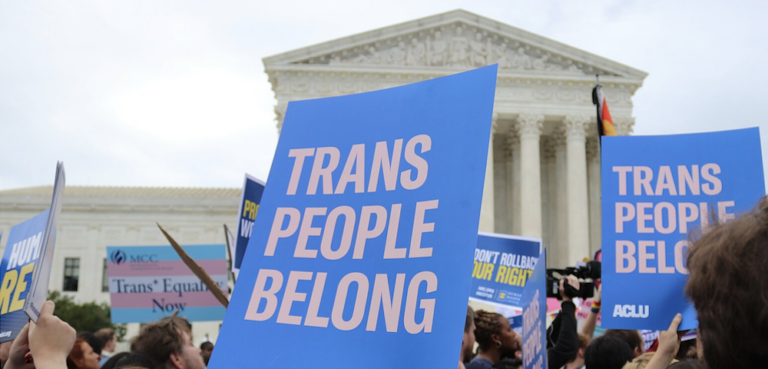

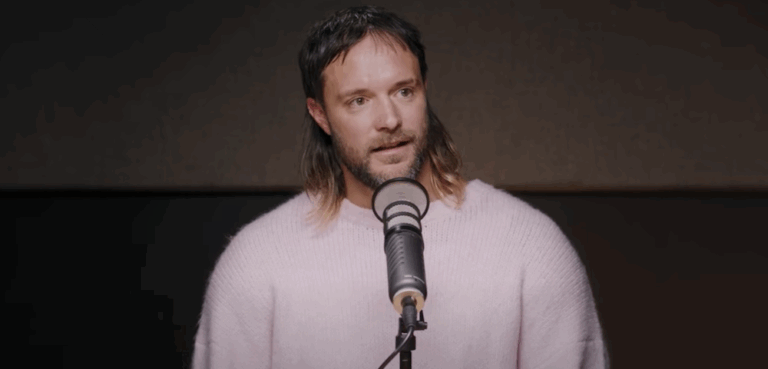


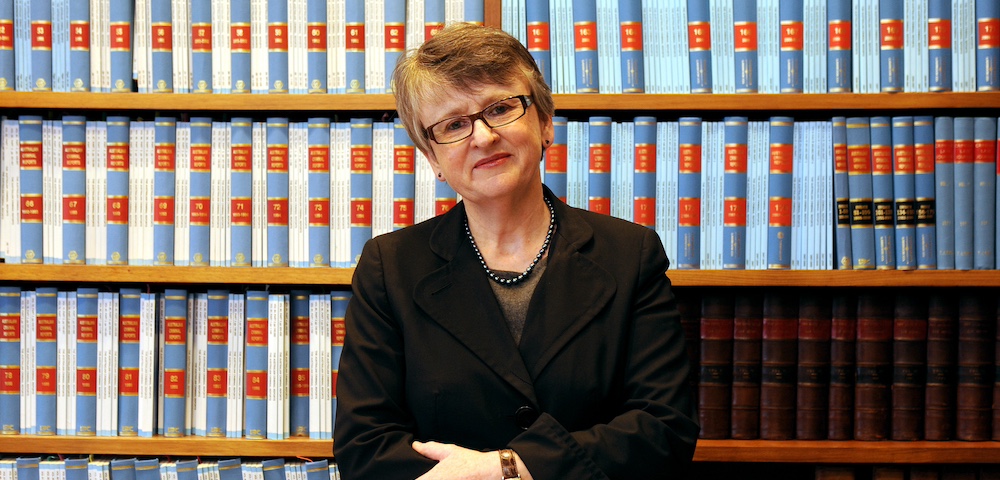
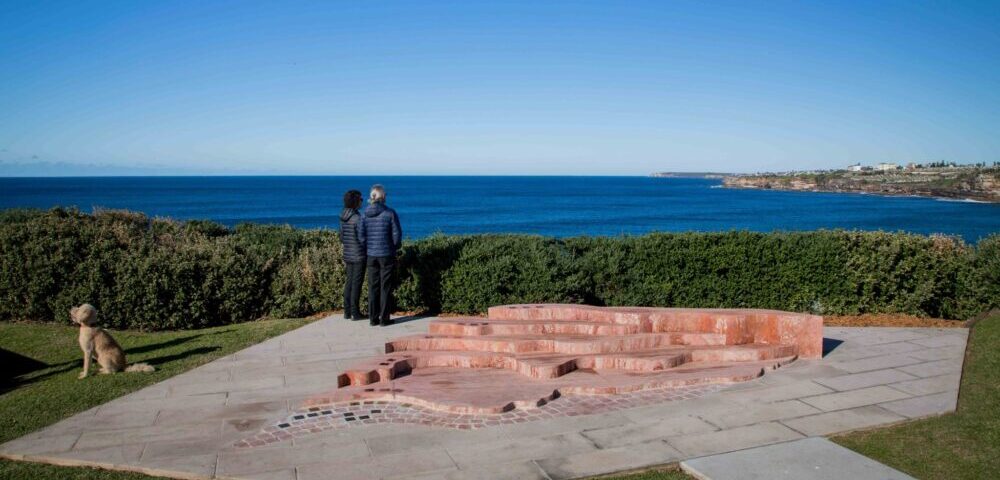


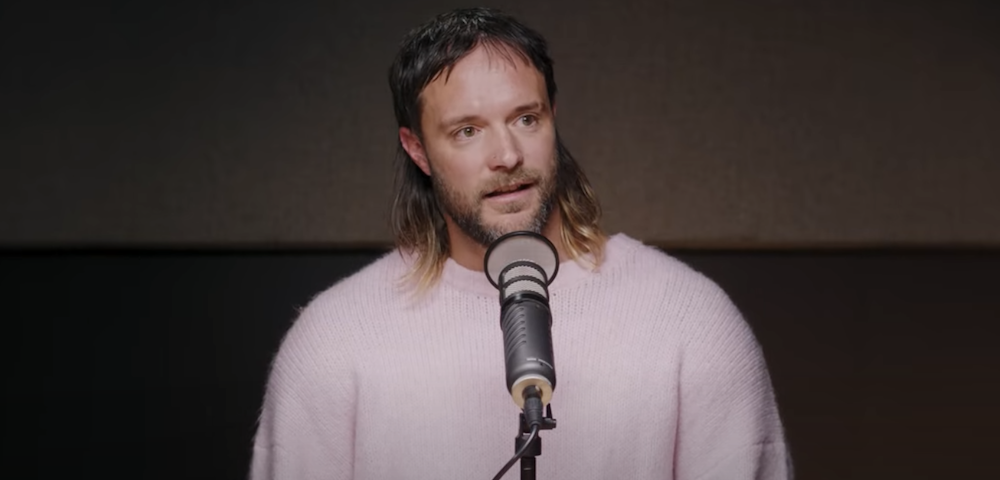
Here here I agree wholeheartedly re hate crimes from anti rainbow religious or non religious australians and visitors to oz…